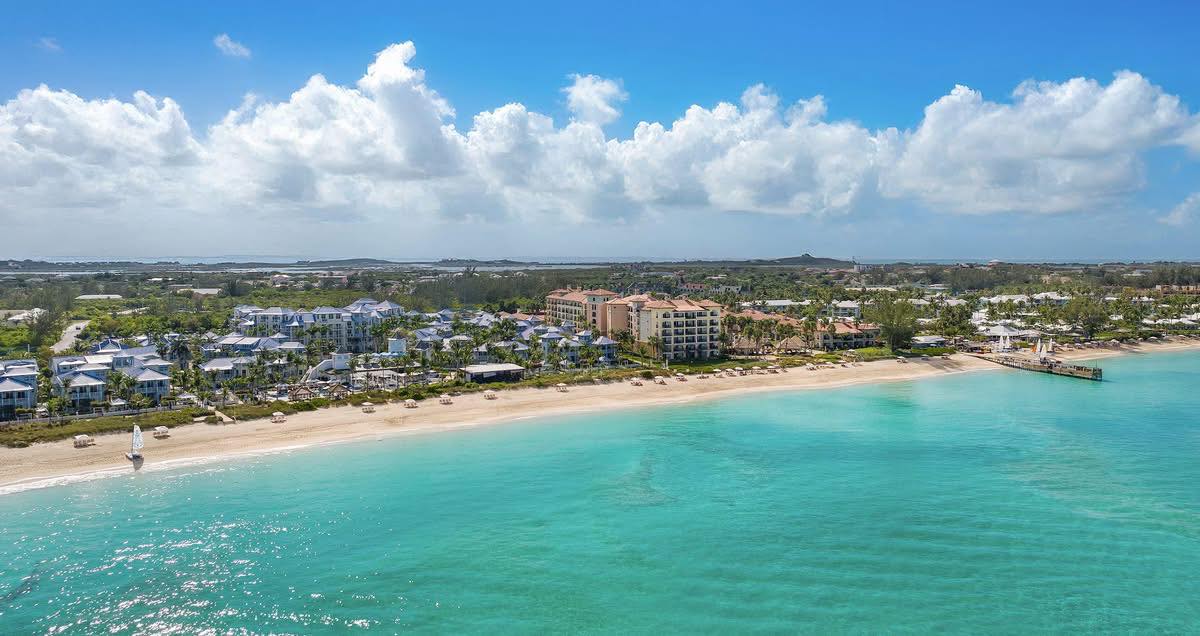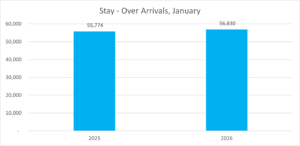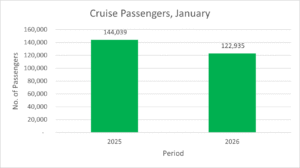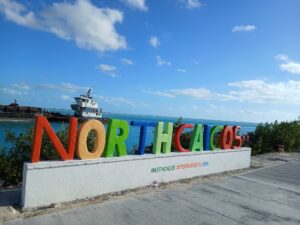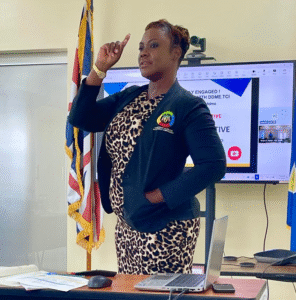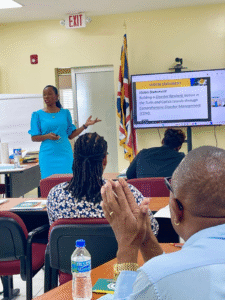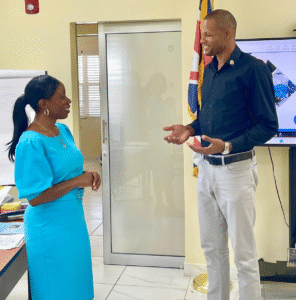By Deandrea Hamilton
Editor
#TurksandCaicos, July 25, 2022 – A very dangerous culture of quietness grips the Turks and Caicos people and residents. This unnatural silence where people with opinions, concerns, suggestions or critiques are frozen by a fear of bringing their thoughts into open spaces is hampering the potential of the TCI by too often demoralizing and ostracizing the very thing the country needs most: PEOPLE, thoughtful people.
The “climate of fear” label of 2008 is still stuck to the back of the Turks and Caicos, make no mistake.
Only a few indulge in the freedom of expression, as far more people believe if they say what they feel or what they’ve experienced they will be washed away by a tsunami of victimization. Imagined or real, this is a prevailing view and it is a ‘kill shot’ to honest, earnest public engagement and national development.
A few weeks ago, Angela Williams of Ashley’s Learning Center – a special needs facility – decided to share her experience on a potential Ministry of Education partnership. The deal which to her once had hope, flopped when she was asked to do, what she says she could not. Williams believed the impasse developed out of some personal distaste for her by an unnamed ‘someone’ within the Ministry of Education.
A live streamed press conference from her school and media reports exposed the situation and thousands expressed outrage at the idea of the facility shutting its doors.
In uncharacteristic fashion, the Ministry of Education actually responded with notice of a press event. It was not what I expected of a seasoned Government office.
While it appeared the Ministry was innocently setting the record straight on the issue, the true mission emerged and it was nothing more than a strategic attempt, led by the highest ranking officials in the Ministry of Education to muddy the reputation of Angela Williams and her school.
The damage was done and the message was sent: when you mess with me, I will mess with you. Tit-for-tat; basically, child’s play.
A chance for enlightened leadership was missed; and partisan fans praised the Government’s response. It was not a praiseworthy moment.
Angela Williams should have been at that press conference with the Ministry of Education and the public, concerned about the welfare of dozens of special needs children, could have been given a ray of hope and a taste of something fresh from this newest PNP Administration.
We could have heard that an urgent meeting was called and the issues and concerns on all sides were hashed out and remedied. 
The Ministry would have not only demonstrated in a tangible way its desire to see the school continue, but it would have redeemed itself without the need to utter one slight against Ashley’s Learning Center.
A focus on the partnership and using the platform to lay out the Ministry’s own plans and strides in Special Needs education would have raised the bar and demonstrated an empathy and wisdom of a government quick to care, not to cut down. I believe this approach would have even earned the Ministry a public apology and a hearty thank you from Ashley’s.
In the weeks since both press events were held, there has been silence except for word that Ashley’s Learning Center is planning to certainly close.
The Education trio – Rachel Taylor, the Minister; Wesley Clerveaux, the Permanent Secretary and Jas Walkin, Special Needs Officer – came out in a live stream and shared damaging information and then rode off into the sunset seemingly feeling victorious.
But there was no win here. It was a significant regression.
The Ministry of Education owed the public the explanation; there was no error in their swift response to the alarming claim by Mrs. Williams. But we got way more than we bargained for, way more than we needed.
In any leadership position, there are days when one is the hero and days when one is the villain. It is impossible to control how people feel, but leaders are compelled to make those individual, independent decisions as situations emerge which help to shape public sentiment – for the positive – about them and what they stand for.
The people whom leaders serve need to be confident that they can express themselves without fear of unfair retribution; Protected by the Constitution but better than that, heard at the heart of their matter by leaders who understand the dynamism of their roles.
In retrospect, once you extricate the negative vibes between Ashley’s Learning Center and the Ministry of Education, you hear of some of the most progressive plans for Special Needs Education and Support the Turks and Caicos has ever revealed.
It took Angela Williams speaking out about her plans and issues for the country to learn about the intentions of the Ministry of Education which includes the construction of a Special Needs Centre. That was a first.
Public expression has a place of importance in a country under development. It is essential to not only have but to hear the dissenting voices, to welcome other ideas, broader perspectives and constructive criticism.
In Turks and Caicos, these varied expressions become particularly vital when you consider that the Government of the day was selected to serve by only 3,500 of Turks and Caicos’ 45,000 population.
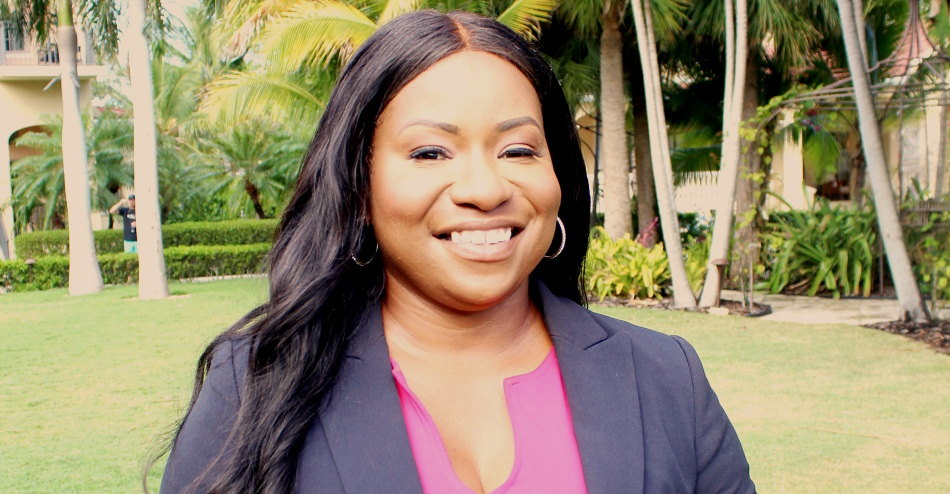


 News5 days ago
News5 days ago
 News1 week ago
News1 week ago
 Caribbean News6 days ago
Caribbean News6 days ago
 News5 days ago
News5 days ago













